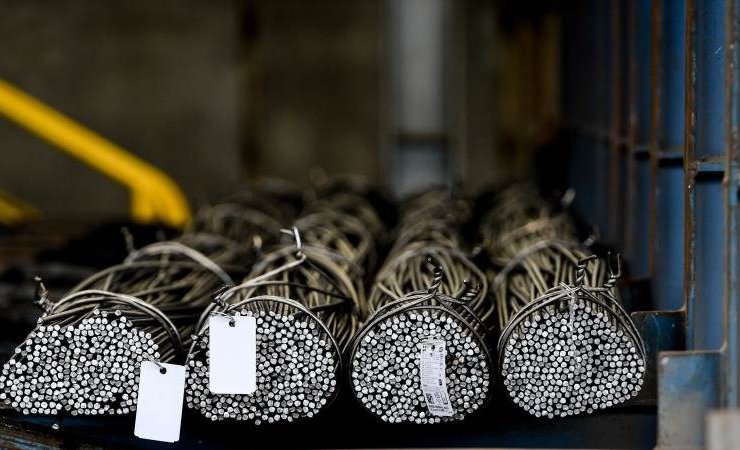A panel of three judges in a federal court in New York that hears objections to trade action under US law found that the Commerce Department and Trump correctly applied Cold War trade law with the USSR in setting tariffs.
Trump imposed 25% tariffs on imported steel and 10% on imported aluminum from most countries in 2018, arguing that these protections are necessary to protect US national security and support domestic production.
Steel importers filed a lawsuit against Trump's decision, claiming in court that the lawsuit used to set the tariffs was "procedurally flawed" and did not specify an expiration date, there was no threat to US national security and Trump exceeded his discretionary powers. applying tariffs to steel and aluminum, which are commodity products.
The panel of judges disagreed, noting that Section 232 “gives the president freedom to assess whether imports threaten national security. The wording of the law makes it clear that the list of factors to consider when determining whether a threat exists is not exhaustive. ”
The American Iron and Steel Institute (AISI), which represents steelmakers and industry groups, welcomed the decision. He called on current US President Joe Biden to back them up to protect the industry from global surplus production, mostly concentrated in China, which has only grown since tariffs were first imposed.
President Biden has recognized the importance of tackling global overcapacity, and I think he understands that these tariffs are important to national security, ”said Kevin Dempsey, President of AISI.
Biden made it clear that he was likely to keep tariffs when he lifted the tariff exemption on aluminum imports from the United Arab Emirates granted by Trump on his last day in office.
Maintaining UAE aluminum tariffs “is necessary and appropriate in light of our national security interests,” Biden said in a statement on Monday.




